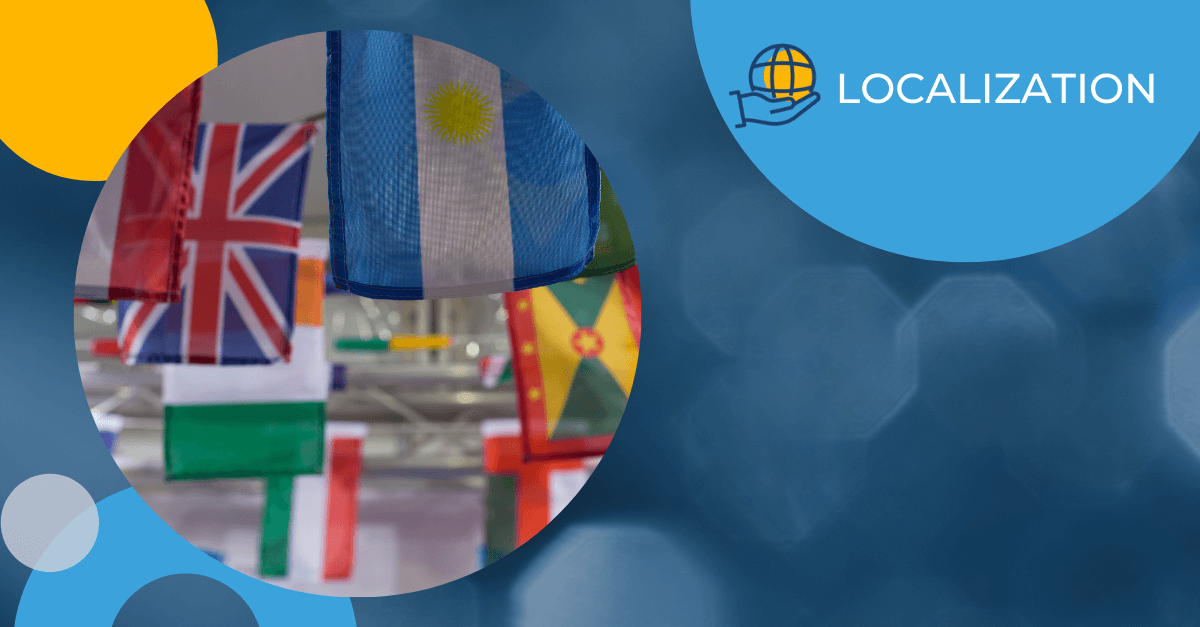Localization is about more than just entering a new market – it is about embracing the unique elements that make that unique market special and important. When a business engages an audience on a level that places its specific context at the forefront, they are showing a commitment to building the foundation necessary to provide the highest quality service or product for that market. When a business treats its new market like an afterthought, it can be sure that this market will reciprocate in kind.
Today, the internet has become the primary method of communication in the global economy, enabling cross-border connections at an unprecedented level and making localization an even greater priority. Research shows that 52.4% of foreign market consumers won’t buy from websites that are not in their language[1], and 72.1% of international customers spend most of their time on sites in their own language[2]. Even people who feel comfortable in the English language prefer to buy in their own language. 90% of Japanese respondents, 74% of French-speaking Canadians, 79.5% of Germans, 82.5% of Italians, 65% of Dutch respondents would rather buy in their native language[3].
These numbers reflect a wider trend where consumers worldwide are increasingly expecting a higher degree of personalization. It isn’t just about the ease of use, though this is certainly a key factor. Having the information in the language that a user speaks tells each customer that they are important and valuable to the brand. When you don’t take the time to translate your site, you are inherently saying that these languages and the markets where these languages are predominantly spoken are of lesser importance to you. A customer that feels that they are of lesser importance, is certainly less likely to utilize your service or buy your product. Customer satisfaction is key to successful business which is why Morningside puts a key emphasis on localization.
Despite our increasingly interconnected world, language remains a significant obstacle when trying to reach an international audience with your website. To achieve a true global reach, the largest and most successful companies are translating their website into multiple languages and localizing their message to each specific target audience. The bottom line is if your website is still in English only, make 2015 the year that you take your product or service global.


